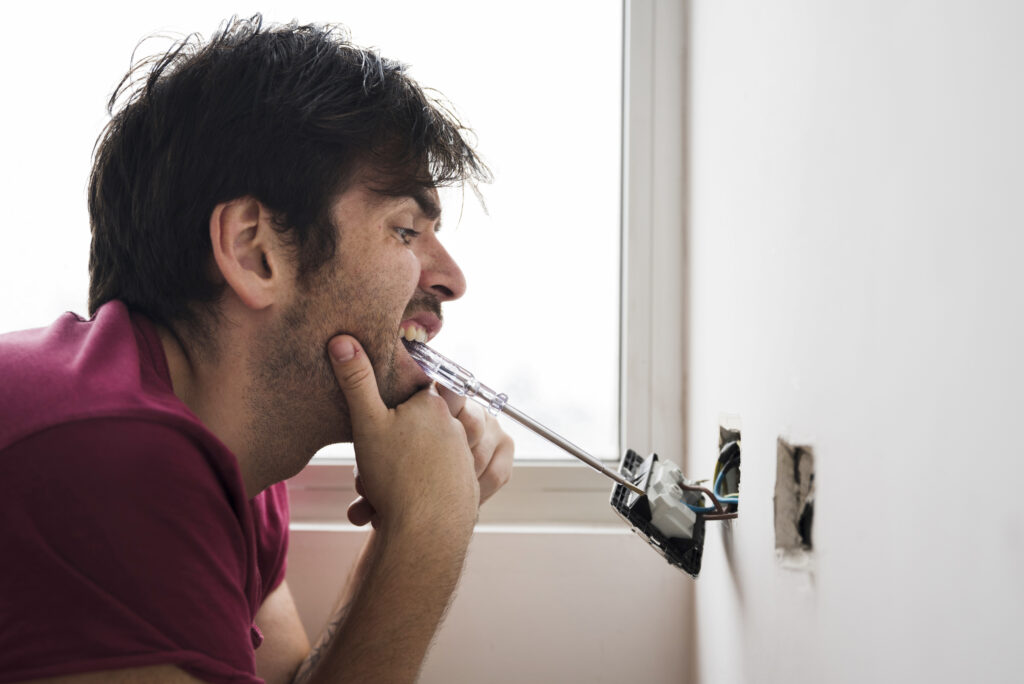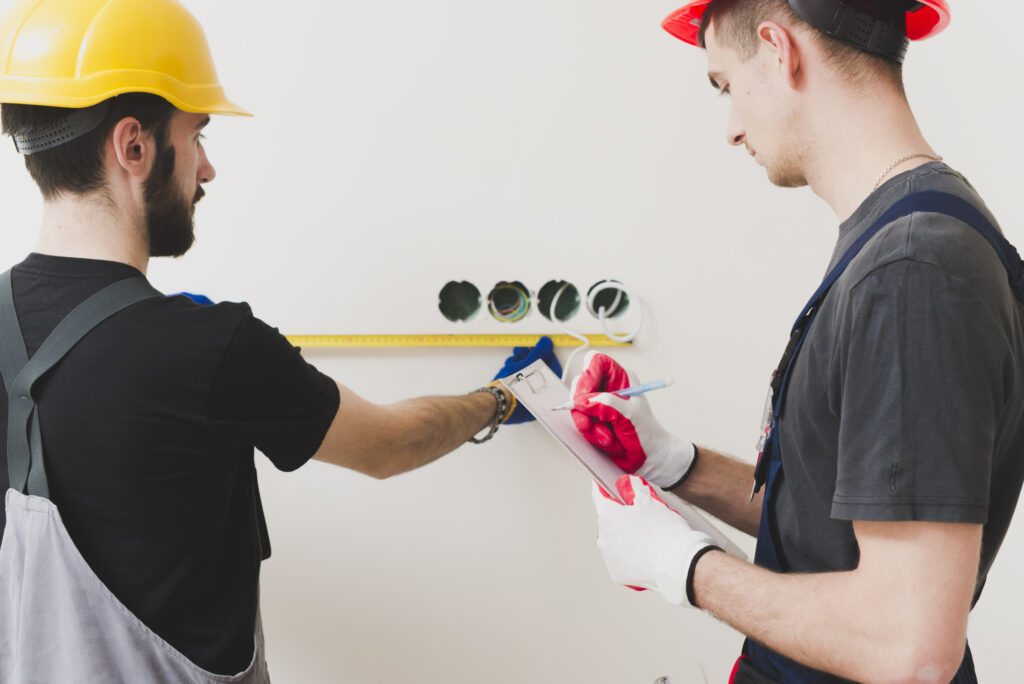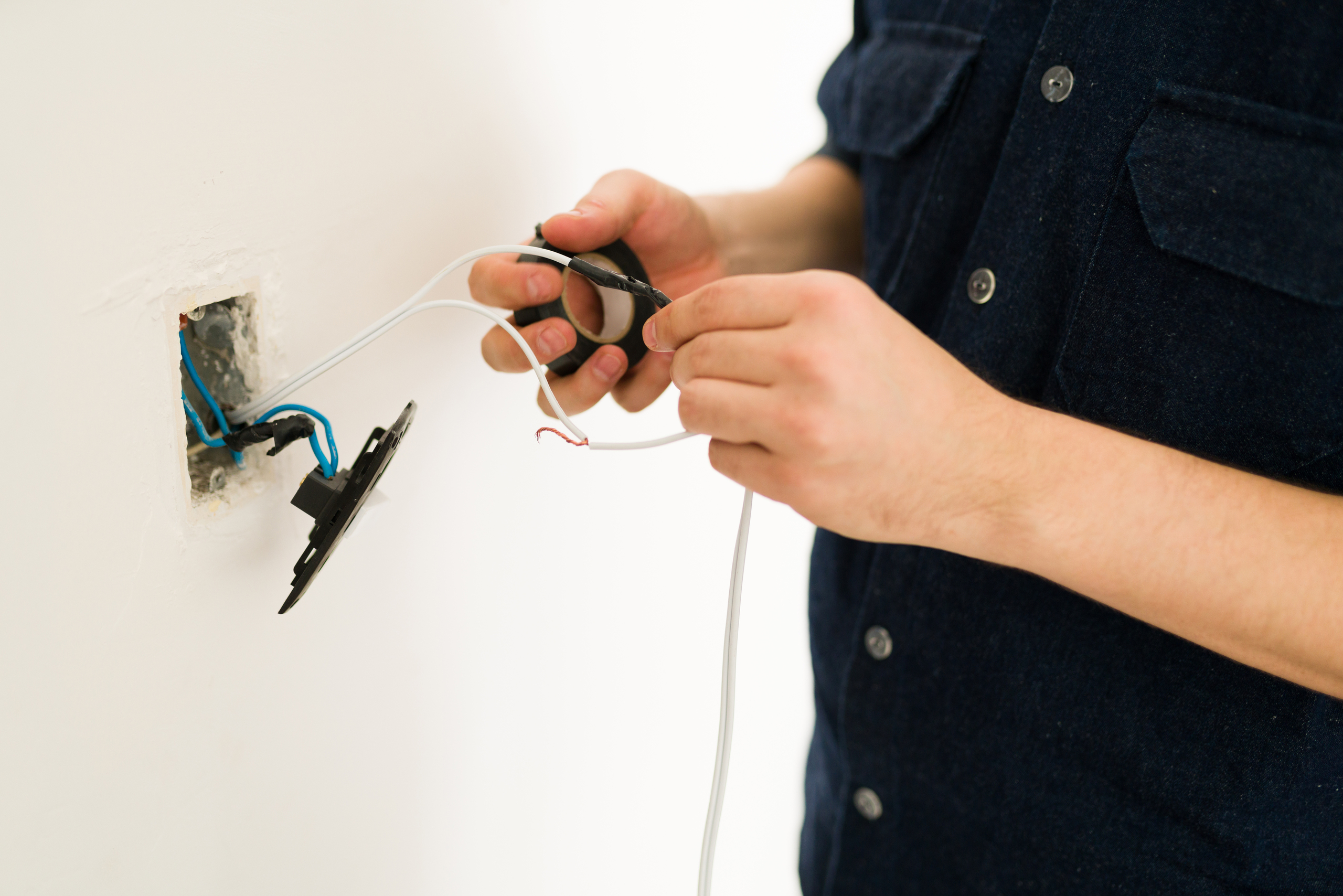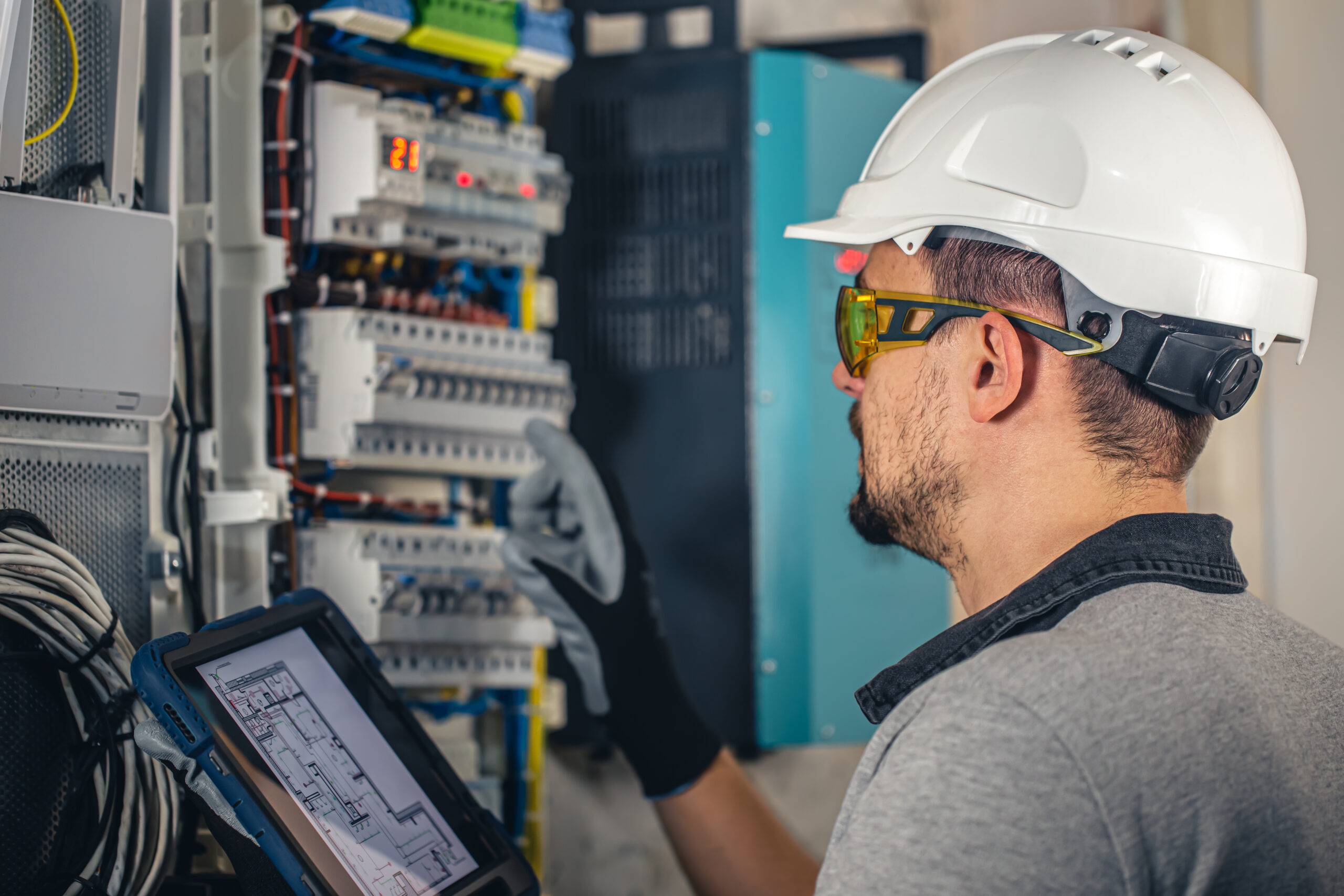Home is where the heart is, but it’s also where Home electrical safety should be a top priority. In New Zealand, like in any other part of the world, ensuring the safety of your home’s electrical system is crucial for the well-being of your family and the protection of your property. In this comprehensive guide, we will delve into the key aspects of home electrical safety, providing you with essential information to safeguard your home and loved ones.
Understanding the Importance of Home Electrical Safety
The foundation of a safe home starts with understanding why electrical safety is paramount. Faulty wiring outdated electrical systems, and negligence can lead to devastating consequences such as electrical fires, electrocutions, and property damage. Prioritizing home electrical safety is not just a matter of compliance; it’s a commitment to the well-being of your household.
Identifying Potential Hazards
The first step in ensuring home electrical safety is recognizing potential hazards. Common issues include overloaded circuits, damaged wiring, and outdated appliances. Regular inspections of your home’s electrical system can help you identify and address these concerns promptly.
Upgrading Outdated Wiring and Appliances
Many homes in New Zealand still have outdated wiring systems that may not meet current safety standards. Upgrading to modern wiring and appliances not only enhances safety but also improves energy efficiency. Consulting with a certified electrician can guide you through the necessary upgrades tailored to your home’s specific needs
Implementing Electrical Load Management
Overloading circuits is a common cause of electrical fires. By distributing electrical loads evenly and avoiding excessive use of extension cords, you can minimize the risk of overloading. Understanding the power requirements of your appliances and adhering to them is crucial for a safe electrical system.
Regular Electrical Inspections
Periodic electrical inspections by qualified professionals are essential to catch potential issues before they escalate. These inspections can identify faulty wiring, outdated components, and other safety concerns that might go unnoticed in day-to-day life.
Installing Residual Current Devices (RCDs)
Residual Current Devices, commonly known as RCDs, are crucial safety devices that can prevent electrical accidents by quickly cutting off the power when a fault is detected. Installing RCDs in your home’s electrical system adds an extra layer of protection, especially in areas prone to moisture, such as kitchens and bathrooms.
Promoting Electrical Safety Education
Educating yourself and your family about electrical safety is key to prevention. Teach children about the dangers of playing with electrical outlets and cords, and ensure that everyone in your household understands basic safety practices, such as never overloading power points and promptly reporting any flickering lights or unusual smells.
Emergency Preparedness
Despite all precautions, emergencies can still happen. Having an emergency response plan in place, including knowledge of the location of the main electrical panel and how to shut off power, can mitigate the impact of unforeseen incidents.
Practical Electrical Safety Tips for New Zealand Homes
A. General Electrical Safety Tips
Ensuring electrical safety in New Zealand homes involves adopting practical measures to minimize risks and create a secure living environment. Here are essential general electrical safety tips for residents:
Proper Outlet Usage
Avoid overloading outlets by using power strips or extension cords judiciously. Distribute electrical loads evenly to prevent overheating and potential fire hazards.
Regular Inspection of Cords and Plugs
Routinely check electrical cords and plugs for signs of wear, fraying, or damage. Replace any compromised cords promptly to prevent electrical faults.
Appliance Safety
Unplug appliances when not in use to conserve energy and reduce the risk of electrical fires. Inspect appliances regularly for any damaged cords or malfunctioning components.
Light Bulb Wattage Compliance
Adhere to the recommended wattage for light fixtures to prevent overheating. Use the correct bulbs and avoid exceeding the fixture’s specified wattage.
Childproofing Outlets
Install childproof outlet covers to prevent young children from inserting objects into sockets. This simple measure enhances safety for households with young children.
Safe Use of Extension Cords
Use extension cords for temporary purposes only and avoid running them under carpets or rugs. Do not overload extension cords, and ensure they are in good condition.
Outdoor Electrical Safety
Ensure outdoor electrical installations are weatherproof. Use outdoor-rated extension cords and cover outlets when not in use to prevent water ingress.
Emergency Procedures
Familiarize all household members with emergency procedures outlined in the Electrical Safety Handbook. Know the location of circuit breakers and how to shut off power in case of an emergency.
Professional Installations
Hire licensed electricians for installations and repairs. DIY electrical work can pose serious risks and may not comply with safety standards.
Awareness of Warning Signs
Be vigilant for warning signs such as flickering lights, buzzing sounds, or the smell of burning. Address these signs promptly by seeking professional assistance. By incorporating these general electrical safety tips into daily practices, homeowners in New Zealand can significantly reduce the risk of electrical hazards and create a safer living environment for themselves and their families.
Understanding the Causes of Electrical Shock
Electrical shock is a serious hazard that can occur in various settings, from homes and workplaces to outdoor environments. Understanding the causes of electrical shock is crucial for preventing accidents and ensuring the safety of individuals interacting with electrical systems. following factors that contribute to electrical shocks, shedding light on the mysteries behind this potentially life-threatening phenomenon.

Direct Contact with Live Electrical Current
The most obvious cause of electrical shock is direct contact with live electrical current. This can happen when individuals touch exposed wires, faulty appliances, or electrical equipment that is not properly insulated. The human body, being a conductor of electricity, provides a path for the current to flow, leading to an electric shock
Faulty Wiring and Outdated Electrical Systems
Outdated wiring and electrical systems increase the risk of electrical shocks. Over time, wiring can degrade, insulation can wear off, and connections may become loose. Such issues create an environment where electrical currents can escape, increasing the likelihood of shocks. Regular inspections and maintenance of electrical systems are crucial to identifying and rectifying potential hazards.
Damaged Insulation
Insulation serves as a barrier between electrical conductors and the surrounding environment. When insulation is damaged due to wear and tear, pests, or physical impact, it exposes conductors and increases the risk of electrical shock. It is imperative to promptly repair or replace damaged insulation to maintain a safe electrical environment
Overloaded Circuits
Overloading electrical circuits occurs when too many devices are connected to a single circuit, exceeding its designed capacity. This can lead to overheating, melted insulation, and an increased risk of electrical shock. Avoiding the overloading of circuits and using circuit breakers or fuses with appropriate amperage ratings can help prevent these incidents.
Moisture and Water Exposure
Water is an excellent conductor of electricity. Therefore, the presence of moisture in and around electrical components significantly elevates the risk of electrical shock. This is particularly relevant in areas like kitchens, bathrooms, and outdoor spaces. Installing ground fault circuit interrupters (GFCIs) and using water-resistant outlets can mitigate the dangers associated with water exposure.
Poorly Maintained Electrical Appliances
Appliances with damaged cords, frayed wires, or compromised internal components pose a significant risk of electrical shock. Regularly inspecting and maintaining appliances, including checking power cords for signs of wear and tear, is essential to prevent electrical hazards
Lack of Grounding
Grounding is a safety measure that directs excess electrical current into the ground, reducing the risk of shocks. Electrical systems, particularly in homes, must be properly grounded to ensure the safe dissipation of excess current. Failure to ground electrical systems increases the likelihood of electrical shocks
Human Error and Negligence
Human error, such as mishandling electrical equipment, ignoring safety guidelines, or attempting DIY electrical work without proper knowledge, contributes significantly to electrical shock incidents. Creating awareness, providing training, and emphasizing the importance of following safety protocols are crucial in minimizing human-related risks
The Role of Aotea Electric Ashburton in Ensuring Home Electrical Safety
We Aotea Electric Ashburton, a leading electrical services provider in New Zealand, is dedicated to ensuring the safety of homes and businesses. Our team of certified electricians possesses extensive experience in electrical installations, upgrades, and inspections. By choosing Aotea Electric Ashburton, you can have peace of mind knowing that your home’s electrical system is in capable hands.

Conclusion
In conclusion, prioritizing home electrical safety is a responsibility we all share. By understanding potential hazards, upgrading outdated systems, and implementing preventive measures, you can create a secure environment for your family. Regular inspections, the installation of safety devices like RCDs, and promoting electrical safety education are essential components of a comprehensive safety plan. When it comes to professional assistance, Aotea Electric Ashburton stands as a reliable partner committed to ensuring the electrical safety of homes in New Zealand.
Remember, investing in home electrical safety is an investment in the well-being of your loved ones and the longevity of your property. Stay safe, stay informed, and make electrical safety a priority in your home.





